
Stakeholders at this year's International Widows Day (IWD), organised on Friday in Bolgatanga, in the Upper East Region, have expressed worry about past and present government's failure to pay attention to the plight of widows and their children.
The stakeholders included widows from the Northern, Upper East and Upper West regions, Widows and Orphans Movement (WOM), Action Aid Ghana, Ghana Integrity Initiative, Young Urban Women and the media.
International Widows Day is a global awareness day launched by the United Nations in 2010 to raise awareness of the violation of human rights that widows suffer in many countries following the death of their spouses. The event takes place annually on June 23.
This year's event, organised by WOM in the Upper East Region, funded by Action Aid Ghana (AAG) and Paul E.V was on the theme, "Invisible Women and Invisible Problems to National Agenda through Community Youth Journalism"
According to the stakeholders, widows and their children have continuously been marginalised and remained invisible when it comes to government policies and programme implementation.
"Widows and their children remain invisible in the discourse of this country and it is high time we included them in every development agenda. They remain the poorest of the poor and even in the face of great policies and procedures that target the poor," the stakeholders stressed.
Whilst commending the past and present governments and other stakeholders in their communiqué for the enactment and the passage of the Intestate Succession Law (PNDC L 111), the Marriage Act, Domestic Violence Act, the Livelihood Empowerment Programme Against Poverty (LEAP) among others, the groups called on government to demonstrate more commitment towards their implementation.
They stressed that if government does not put in much stringent measures to help address the challenges confronting widows in the country, Ghana's dream of attaining the Sustainable Development Goals (SDGs), particularly the goals one, two and three which talk about poverty reduction, no hunger and gender equality, would be difficult to achieve.
The communiqué which was read by the National Director of WOM, Ms Abigail Fati, underscored the need for government to ensure that needy widows and their children were exempted from paying to seek justice in the courts.
They also stressed the need for the decentralisation of the Domestic Violence and Victim Support Units of the Ghana Police to all the districts, and resourcing them adequately to help fight against the human violation often meted to widows and women and girls in general.
The stakeholders further called on the government to ensure that the Ministry of Lands and Natural Resources establish land banks to facilitate women's easy access to land to enable them and their children benefit from government's interventions such as the Planting for Food and Jobs (PFJ).
The Land Administration Project II, the stakeholders noted, should also carry out intensive public education on the provision of the land bill and the need for the passage of the gender sensitive bill aimed at addressing the needs of the socially excluded.
The Regional Minister, Rockson Bukari Ayine, lauded the efforts of the organisers of the event, particularly WOM and AAG, and noted that the celebration of the IWD over the past 10 years had increased the awareness of the plight of widows and their children.
He, however, regretted the negative trends of cultural practices of some communities that inhabit against the human rights of widows and their children and called on the partners to complement government's efforts of addressing such challenges.
He gave the assurance that government would put in place effective mechanisms to ensure that more widows and their children benefited from the government's many social intervention programmes such as the LEAP, Microfinance and Small Loans Centre (MASLOC), One District One Factory, PFJ, among others.
Read Full Story
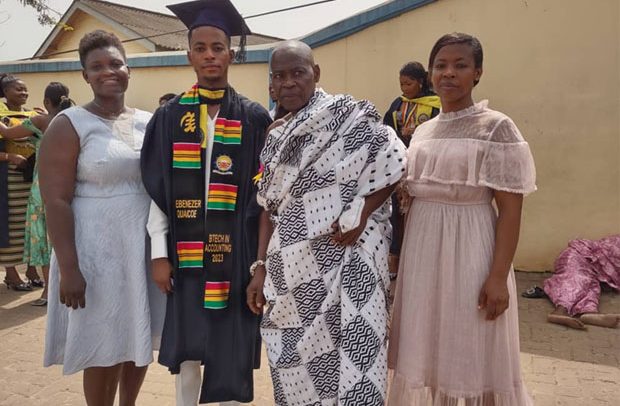
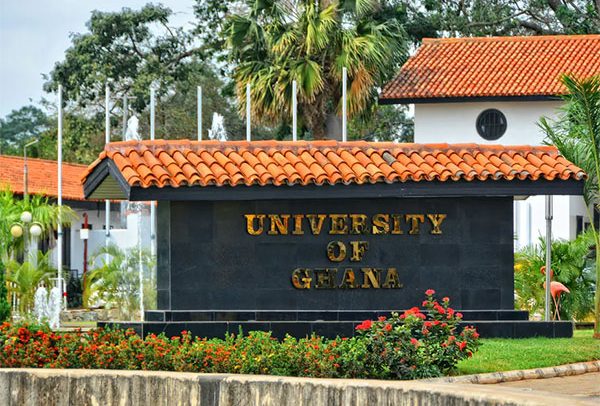

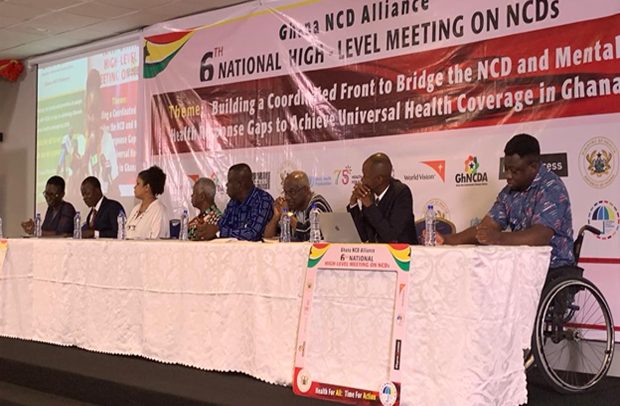
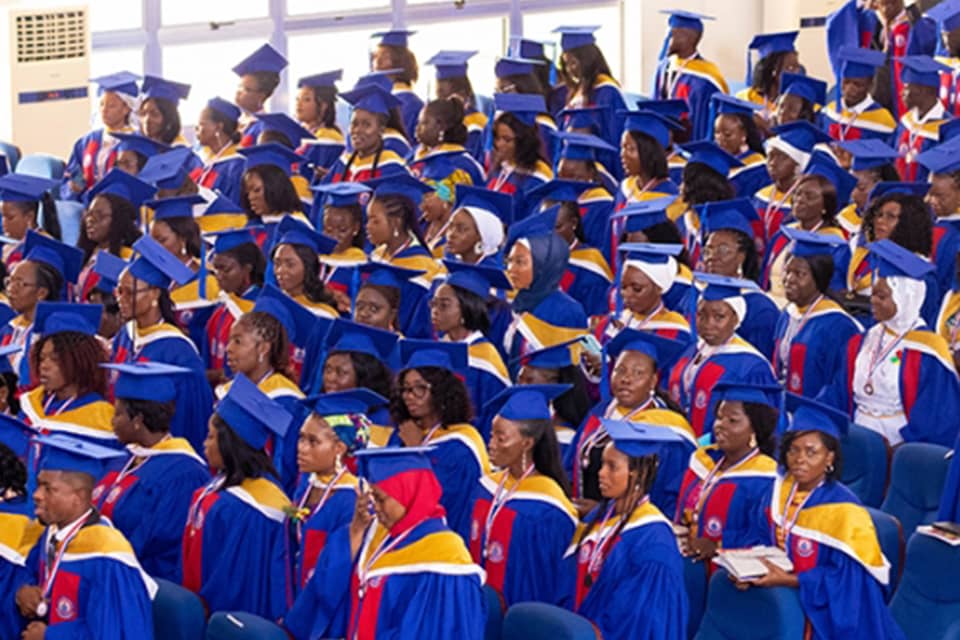











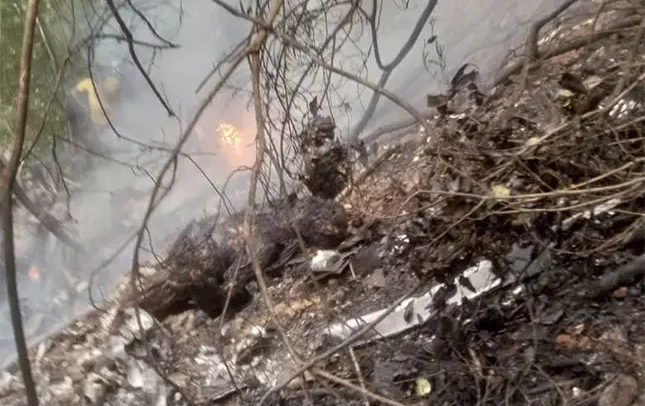


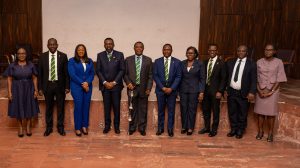


Facebook
Twitter
Pinterest
Instagram
Google+
YouTube
LinkedIn
RSS